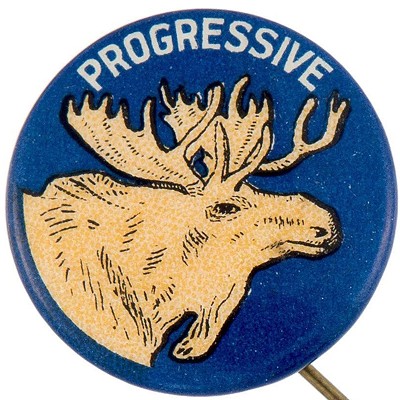The Idaho Fish and Game Department wants to let wolf hunters use bait to lure their prey. Accidental roadkill collected on state highways would be the seductive bait.
Fish and Game is asking the public for permission. It's always nice to be asked, but I'm urging the public to respond with a resounding NO!
The issue of baiting is one of fairness and sportsmanship. We teach children not to bully on the playground. Baiting and bullying are two words that describe a situation in which one party attempts to assert a power advantage over another.
A sportsman with a gun obviously starts with a definite advantage over a wolf whose best defense is four strong legs, a good nose, a wily brain and rough terrain.
Is it sport to lure a wolf with a smelly piece of roadkill that masks a trap, which turns the wolf into a sitting duck? I think not.
There is a world of difference between an animal shot to add food to the freezer and a wild animal collected as a trophy. The former is enjoyed as a welcome gift to the family budget. The latter gives bragging rights and a big boost to the ego. In the days of Teddy Roosevelt, it was fashionable to hang stuffed wild animals on the walls of the wealthy as proof of the manliness of the head of the household.
But we live in a very different era. The Endangered Species Act was passed in 1973, recognizing that our rich natural heritage is of "esthetic, ecological, educational, recreational, and scientific value to our Nation and its people." It also recognized that many wild animals and plants are at risk of extinction when they are not given protection.
It was alarming to read very recently that Congressional Republicans are tampering with this iconic law, passed 44 years ago with the blessing of Republican President Richard Nixon. Is nothing sacred?
When the gray wolf was reintroduced into the United States in 1995, there was much excitement among environmentalists, academic circles and the general public. Among Idaho cattle and sheep men, not so much.
Elementary schoolchildren helped give names to the first wolves that were dropped into the Idaho wilderness. Schoolchildren, always fascinated by wild things, adopted individual wolves by proxy into their classrooms.
In fairly short order, the labeling was changed from names to impersonal numbers, as public excitement dwindled and political positions took over. The mood of the Idaho Legislature reflected the mood of their constituents. Farmers and ranchers turned their hatred and fear of coyotes to hatred and fear of wolves.
Nevertheless, wolves rebounded quickly, and in Idaho were delisted from the Endangered Species Act in 2011. Immediately, they were declared fair game by the Fish and Game Commission, and Governor Otter announced his desire to shoot one. The political needle of support for wolves had swung south.
The number of wolves in the state is currently estimated to be around 786 critters. In 2015, hunting, trapping, traffic accidents and professional shooting all combined to kill 358 wolves. That comes very close to a 50 percent kill rate. Human predation of the wolf in Idaho is fairly successful. Adding bait to the Idaho hunter's toolkit would be overkill.
At this time, these 786 wolves avoid human contact in every way possible. They fear humans, which is a wise attitude on their behalf and a healthy one on our human side as well.
It would not be smart of us to establish any kind of attraction for wolves to human-touched food. In the process of collecting roadkill, the scent of humans would be all over it. We certainly don't want wolves to start liking sugar, or any other food that would tempt them to rob garbage cans and camp larders.
I have always considered baiting bears to be unsportsmanlike behavior. The bait is a bundle of sugar-loaded donuts or some such bakery fare. It probably does take a lot of skill to snare a bear, either with bait or hunting with dogs. But bear meat is cooked and eaten, and the bear grease is treasured as the answer to baking a perfect pie crust. I have never run across a recipe for cooking wolf meat.
If wolves must be harvested, there should be a way to prevent the indiscriminate killing of the heads of the pack. The alpha male and female defend the pack against all intruders, and they are the first heads-up target at the sound of approaching danger. The surviving pack members may be teenage wolves who can cause even more damage to a herd of sheep.
One might suggest this opposition to baiting wolves is like crying over spilled huckleberries — not worth the ink. I argue that wolf-baiting is bad public policy, bad sportsmanship and simply a bad idea. Our public policies must reflect what kind of people we are and want to be. ♦


















